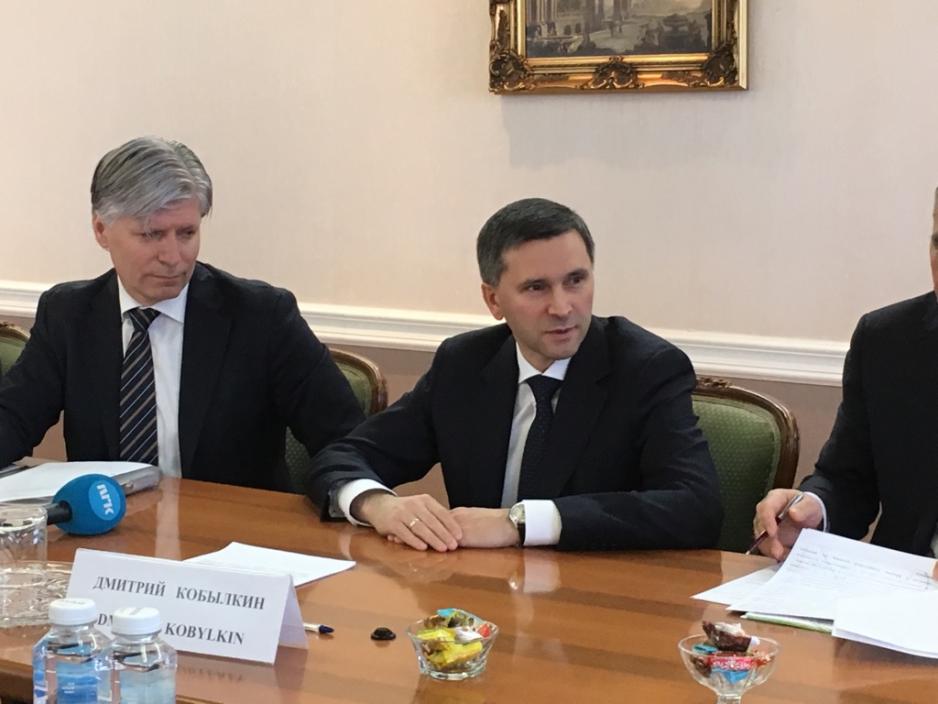Norwegian-Russian Cooperation Against Plastic Pollution in the Barents Sea

Environmental ministers Ola Elvestuen (left) from Norway and Dmitry Kobylkin from Russia agree on how to cooperate to solve the issue of plastic pollution in the Barents Sea. (Photo: Norwegian Ministry of Climate and Environment)
Norway and Russia will cooperate about fighting plastic pollution in the Barents Sea, says Norwegian Climate and Environment Minister Ola Elvestuen following meetings in Moscow.
Norwegian Climate and Environment Minister Ola Elvestuen today met with his Russian counterpart, Dmitry Kobylkin, in the Norwegian-Russian environmental commission. One of the outcomes of their meeting is the shared effort to fight plastic pollution in the Barents Sea.
Will gather and disseminate knowledge
After the meeting, Elvestuen says the countries are to share experience and knowledge about where this plastic pollution comes from, the amounts involved and what potentially efficient counter-measures may be.
- We have long experience with cooperating for an overall, shared management of the sea and the fisheries resources in the Barents Sea. It is thus good that our two countries now are able to establish a joint initiative against plastic pollution in this ocean, says Elvestuen.
Both clean-up and prevention
The Norwegian government has so far allocated NOK 5 million to this initiative for each of the next three years and during Tuesday’s meetings in Moscow, the two ministers have agreed on how to cooperate.
The first thing the two countries will do is to gather and compare existing knowledge on both sides of the border when it comes to plastic pollution in the Barents Sea.
The goal of the project is both to prevent plastic pollution from ending up there as well as to clean up what is already there, according to a press release from the Norwegian Ministry of Climate and Environment.
External actors to be involved
- It is important that science, the fisheries sector, the waste management industry and voluntary forces help address this issue. That is why some of the money is announced as project funding for external organizations, says Elvestuen.
He emphasizes that increased knowledge, as well as the cooperation between Russia and Norway, will make it possible to find efficient methods to fight plastic pollution.
- We place heavy emphasis on protecting the environment in the Barents Sea, and Russia is one of our key partners in this work, Ola Elvestuen underlines.
